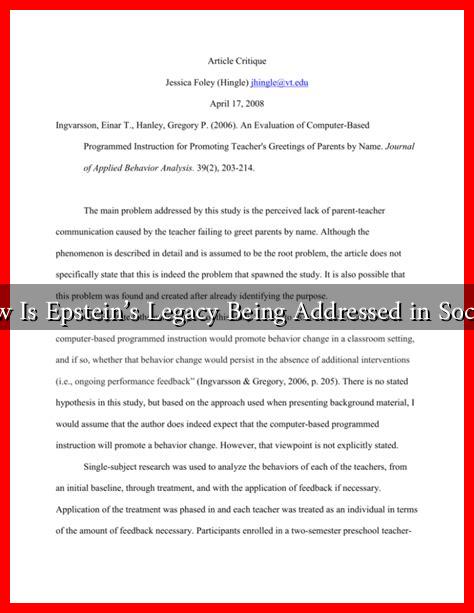-
Table of Contents
How Is Epstein’s Legacy Being Addressed in Society
The legacy of Jeffrey Epstein, a financier and convicted sex offender, has left an indelible mark on society, raising critical questions about power, privilege, and accountability. Epstein’s life and the subsequent revelations of his criminal activities have sparked widespread discussions about sexual abuse, systemic failures in the justice system, and the need for societal change. This article explores how Epstein’s legacy is being addressed in various sectors, including legal reforms, media representation, and public awareness initiatives.
Legal Reforms and Accountability
One of the most significant responses to Epstein’s legacy has been the push for legal reforms aimed at preventing sexual exploitation and ensuring accountability for powerful individuals. The public outcry following Epstein’s arrest and subsequent death in 2019 has led to several legislative initiatives:
- Victims’ Rights Legislation: Many states have introduced or strengthened laws that enhance the rights of sexual abuse victims, allowing them to seek justice more effectively.
- Human Trafficking Laws: There has been a renewed focus on human trafficking legislation, with lawmakers advocating for stricter penalties for traffickers and better support systems for victims.
- Statute of Limitations Reforms: Some jurisdictions are reconsidering the statute of limitations for sexual offenses, allowing victims more time to come forward and seek justice.
These reforms aim to create a more supportive environment for victims and hold perpetrators accountable, reflecting a societal shift towards prioritizing justice for those affected by sexual violence.
Media Representation and Public Discourse
The media’s portrayal of Epstein and his crimes has played a crucial role in shaping public discourse. Documentaries, news articles, and podcasts have brought attention to the systemic issues surrounding sexual abuse and exploitation:
- Documentaries: Productions like “Jeffrey Epstein: Filthy Rich” on Netflix have provided a platform for victims to share their stories, highlighting the pervasive nature of sexual abuse.
- Investigative Journalism: Major news outlets have conducted in-depth investigations into Epstein’s connections with powerful figures, exposing the complicity of institutions that enabled his behavior.
- Social Media Campaigns: Hashtags like #MeToo and #TimesUp have gained traction, encouraging survivors to speak out and demanding accountability from those in power.
These media efforts have not only informed the public but have also fostered a culture of accountability, encouraging individuals and institutions to confront uncomfortable truths about sexual violence.
Educational Initiatives and Awareness Campaigns
In response to Epstein’s legacy, various organizations and educational institutions have launched initiatives aimed at raising awareness about sexual abuse and promoting prevention strategies:
- Workshops and Training: Schools and workplaces are increasingly implementing training programs focused on consent, healthy relationships, and recognizing signs of abuse.
- Support Networks: Organizations like RAINN (Rape, Abuse & Incest National Network) provide resources and support for survivors, emphasizing the importance of community in healing.
- Public Awareness Campaigns: Campaigns aimed at educating the public about the realities of sexual violence and the importance of believing survivors have gained momentum.
These initiatives are crucial in fostering a culture of respect and understanding, ultimately working towards preventing future abuses.
Conclusion: A Call for Continued Vigilance
Epstein’s legacy serves as a stark reminder of the pervasive issues of sexual abuse and the systemic failures that allow such crimes to occur.
. Society’s response—through legal reforms, media representation, and educational initiatives—reflects a growing commitment to addressing these challenges. However, the work is far from over. Continued vigilance, advocacy, and education are essential to ensure that the voices of survivors are heard and that justice is served. As we move forward, it is imperative that we remain dedicated to creating a safer and more equitable society for all.
For more information on supporting survivors and understanding the complexities of sexual violence, visit RAINN.





